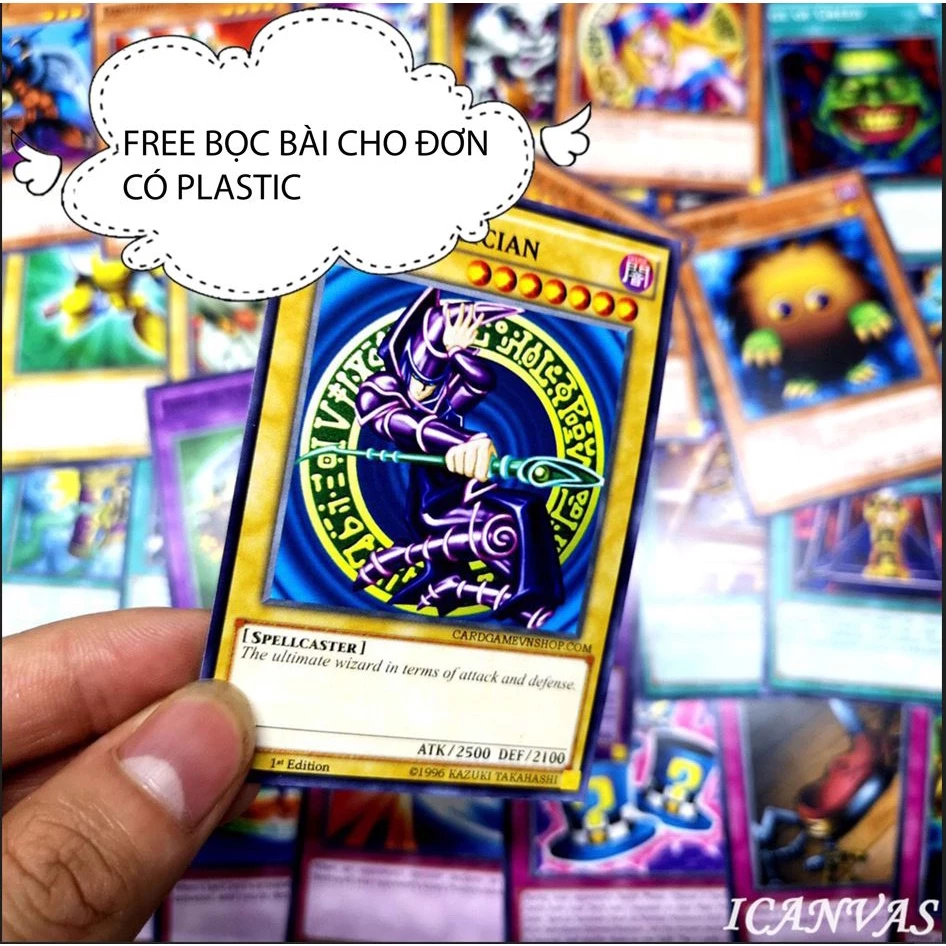Khởi nghĩa Tháng Giêng
| Khởi nghĩa Tháng Giêng | |||||||
|---|---|---|---|---|---|---|---|
 "Polonia (Ba Lan), 1863", vẽ bởi Jan Matejko, 1864, sơn dầu trên toan, 156 × 232 cm, Bảo tàng Quốc gia Ba Lan (Kraków). Bức tranh mô tả kết cục sau thất bại của cuộc khởi nghĩa tháng Giêng. Họ đang chuẩn bị đưa 2 cô gái (đại điện cho 2 nước Ba Lan và Lietuva) để đi đày đến Siberia. Sĩ quan và lính Nga đứng cạnh một người thợ rèn đang còng tay Cô gái tượng trưng cho Ba Lan. Cô gái bên cạnh đại diện cho Lietuva. | |||||||
| |||||||
| Tham chiến | |||||||
|
and multicultural insurgents Garibaldi Legion |
| ||||||
| Lực lượng | |||||||
| around 200,000 over the course of the uprising | unknown | ||||||
| Thương vong và tổn thất | |||||||
| 10,000 to 20,000 | |||||||

Khởi nghĩa Tháng Giêng (tiếng Ba Lan: powstanie styczniowe, tiếng Litva: 1863 m. sukilimas, tiếng Belarus: Паўстанне 1863-1864 гадоў, tiếng Ukraina: Польське повстання) là một sự kiện kéo dài từ 22 tháng 1 năm 1863 đếng 18 tháng 6 năm 1864 trong phạm vi cựu Liên bang Ba Lan và Lietuva, làm lung lay tận gốc nền thống trị của Đế quốc Nga với miền Đông Âu. Cuộc nổi dậy dẫn tới hệ quả trực tiếp là Sa hoàng Aleksandr II của Nga ban hành lệnh bãi vĩnh viễn chế độ nông nô tại Ba Lan và khiến vùng này hưởng quyền tự trị tương đối thoải mái trong không gian Nga[1].
Lịch sử
[sửa | sửa mã nguồn]Nhân vật
[sửa | sửa mã nguồn]-
Alexander II of Russia
-
Z. Sierakowski 1863
-
Juliusz Kossak, Polish partisans of 1863
-
Battle of Węgrów 1863
-
Chapel in Vilnius, erected to commemorate the crushing of the 1863 January Uprising against Russia, picture taken Sergei Mikhailovich Prokudin-Gorskii
-
Graves of January Uprising veterans at Warsaw's Powązki Cemetery
Notable insurgents
[sửa | sửa mã nguồn]

- Francišak Bahuševič (1840–1900), Belarusian poet and writer, one of the founders of modern Belarusian literature
- Stanisław Brzóska (1832–1865), was a Polish priest and commander at the end of the insurrection.
- Saint Albert Chmielowski (1845–1916), founder of the Albertine Brothers and Sisters.
- Jaroslaw Dabrowski (1836-1871), officer in the Russian Army, left-wing member of the "secret committee" of officers in St. Petersburg. He took over its leadership from Sierakowski. He died in Paris fighting for the Paris Commune.
- Konstanty Kalinowski (1838–1864), was one of the leaders of Litvan and Belarusian national revival and the leader of the January Uprising in the lands of the former Grand Duchy of Lithuania.
- Saint Raphael Kalinowski (1835–1907), born Joseph Kalinowski in Lithuania, resigned as a Captain from the Russian Army to become Minister of War for the Polish insurgents. He was arrested and sentenced to death by firing squad, but the sentence was then changed to 10 years in Siberia, including a grueling nine-month overland trek to get there.
- Apollo Korzeniowski (1820–1869), Polish playwright and father of Joseph Conrad.
- Marian Langiewicz (1827-1887), Military Commander of the uprising. He had an English wife, Suzanne, next to whom he was buried in Istanbul.
- Antanas Mackevičius (1828–1863), Lithuanian priest who organized some two hundred and fifty men, armed with hunting rifles and straightened scythes. After a defeat near Vilkija, he was captured and taken to the prison in Kaunas. After Mackevičius refused to betray other leaders of the uprising, he was hanged on ngày 28 tháng 12 năm 1863,
- Ludwik Mierosławski (1814-1878), veteran of the November Uprising and of the Greater Poland uprising (1846), general, strategist, writer and emigrant with wide foreign contacts.
- Władysław Niegolewski (1819–1885), was a liberal Polish politician and member of parliament, an insurgent in the Greater Poland Uprisings of 1846 và 1848 and of the January 1863 Uprising, and a co-founder (1861) of the Central Economic Society (TCL) and (1880) the People's Libraries Society (CTG).
- Francesco Nullo (1826-1863) Italian general who headed the Garibaldi Legion, and though small, it carried huge symbolic value. Nullo died at the Battle of Krzykawka.
- Bolesław Prus (1847–1912), leading Polish writer of historical novels.
- Anna Henryka Pustowójtówna (1838-1881), alias "Michał Smok", adjutant to Marian Langiewicz. She was of Russian-Polish parentage and an activist from 1861. She later took part in the Paris Commune and the Franco-Prussian War. She died in Paris, the mother of four children.
- François Rochebrune, (1830-1870), one of several French officers in the Uprising, he formed and led a Polish rebel unit called the Zouaves of Death and was promoted to General.
- Aleksander Sochaczewski (1843–1923), Polish painter.
- Romuald Traugutt (1826-1864), a Lieutenant colonel of German descent in the Russian Army, he was promoted general in the insurrection, was its leader for a spell and held the Foreign Affairs portfolio in the underground government. He was tortured and hanged by the Russians with several of his colleagues.

Ảnh hưởng đến nghệ thuật và văn học
[sửa | sửa mã nguồn]Falling into the late romantic period the events and figures of the Uprising inspired many Polish painters, including Artur Grottger, Juliusz Kossak và Michał Elwiro Andriolli and marked the delineation with the positivism that followed.
- Polish poet Cyprian Norwid wrote a famous poem, "Chopin's Piano," describing the defenestration of the composer's piano during the January 1863 Uprising, when Russian soldiers maliciously threw the instrument out of a second-floor Warsaw apartment. Chopin had left Warsaw and Poland forever shortly before the outbreak of the November 1830 Uprising.
- Eliza Orzeszkowa, a leading Polish positivist writer and nominee for the Nobel Prize in Literature wrote Nad Niemnem a novel set in and around the city of Grodno after the 1863 January Uprising.
- Józef Jarzębowski has put together material from unknown people who lived through the Uprising in his Mówią Ludzie Roku 1863: Antologia nieznanych i małoznanych Głosów Ludzi współczesnych. London: Veritas, 1963. ("Voices from 1863: An Anthology of unknown and little known contemporary Perspectives").
- In the initial draft of Twenty Thousand Leagues Under the Sea by Jules Verne (but not in the published version), Captain Nemo was a Polish nobleman whose family had been brutally murdered by the Russians during the January 1863 Uprising. Since France had only recently signed an alliance with the Đế quốc Nga, in the novel's final version Verne's editor, Pierre-Jules Hetzel, made him obscure Nemo's motives.[cần dẫn nguồn]
- In Guy de Maupassant's novel Pierre et Jean, the protagonist Pierre has a friend, an old Polish chemist who is said to have come to Pháp after the bloody events in his motherland. This story is believed to refer to the January Uprising.
Xem thêm
[sửa | sửa mã nguồn]- Garibaldi Legion
- Menotti Garibaldi
- Zouaves of Death
- Insurgence
- Polish uprisings
- Sybirak
- International Workingmen's Association
Tham khảo
[sửa | sửa mã nguồn]- ^ Zdrada, Jerzy. "Powstanie styczniowe" Muzeum Historii Polskiej http://muzhp.pl/pl/c/983/powstanie-styczniowe Lưu trữ 2020-11-23 tại Wayback Machine Retrieved ngày 19 tháng 6 năm 2018
- Database of January insurgents[liên kết hỏng]
- August O'Brien Petersburg and Warsaw: scenes witnessed during a residence in Poland and Russia in 1863-1864 (1864)
- William Ansell Day. The Russian government in Poland: with a narrative of the Polish Insurrection of 1863 (1867)
- Pictures and paintings dedicated January Uprising on Youtube
- Szwadron (1992) Polish movie about the uprising
 GIẢM
25%
GIẢM
25%
 GIẢM
26%
GIẢM
26%
 GIẢM
20%
GIẢM
20%
 GIẢM
9%
GIẢM
9%
 GIẢM
33%
GIẢM
33%













